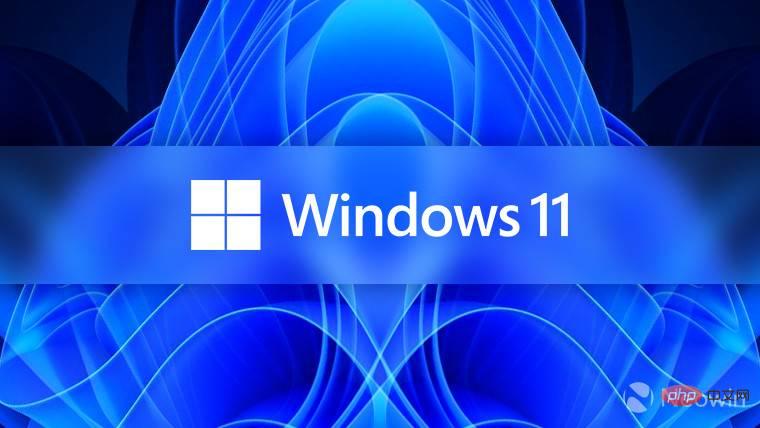

Oracle’s VirtualBox version 7.0.0 Beta 1 brings several major changes in host operating system support. Virtualization software is finally getting the ability to run on Windows 11 as the host operating system. Previous VirtualBox version 6.1.36 did not support Windows 11 hosts, but Windows 11 guest templates are supported starting with version 6.1.28. However, planned TPM passthrough does not exist in 6.1.28.
This change is mentioned in the new version of the user manual (PDF), which notes Windows 11 21H2 support. In addition to Windows 11, the new VirtualBox 7.0 Beta 1 also gains support for macOS 11 (Big Sur) and macOS 12 (Monterey). On the Linux side, Ubuntu 20.04 LTS and 22.04 LTS are now supported, as well as Debian 11.
The complete changelog regarding new host operating system support is given below:
Supported host operating systems
Currently, Oracle VM VirtualBox runs on the following host operating systems:
- Windows Host (64-bit):
- Windows 8.1
- Windows 10
- Windows 11 21H2
- Windows Server 2012
- Windows Server 2012 R2
- Windows Server 2016
- Windows Server 2019
- Windows Server 2022
- macOS Hosts (64-bit):
- 10.15 (Catalina)
- 11 (Big Sur)
- 12 (Monterey )
- Linux host (64-bit).
- Ubuntu 18.04 LTS, 20.04 LTS and 22.04
- Debian GNU/Linux 10 ("Buster") and 11 ("Bullseye")
- Oracle Linux 6, 7 and 8
- CentOS/Red Hat Enterprise Linux 7 and 8
- Fedora 35 and 36
- Gentoo Linux
- SUSE Linux Enterprise Server 12 and 15
- openSUSE Leap 15.3
You can find the full release notes for VirtualBox 7.0.0 Beta 1 here.
The above is the detailed content of Oracle VirtualBox now supports Windows 11, macOS Big Sur, Monterey and other operating systems. For more information, please follow other related articles on the PHP Chinese website!




